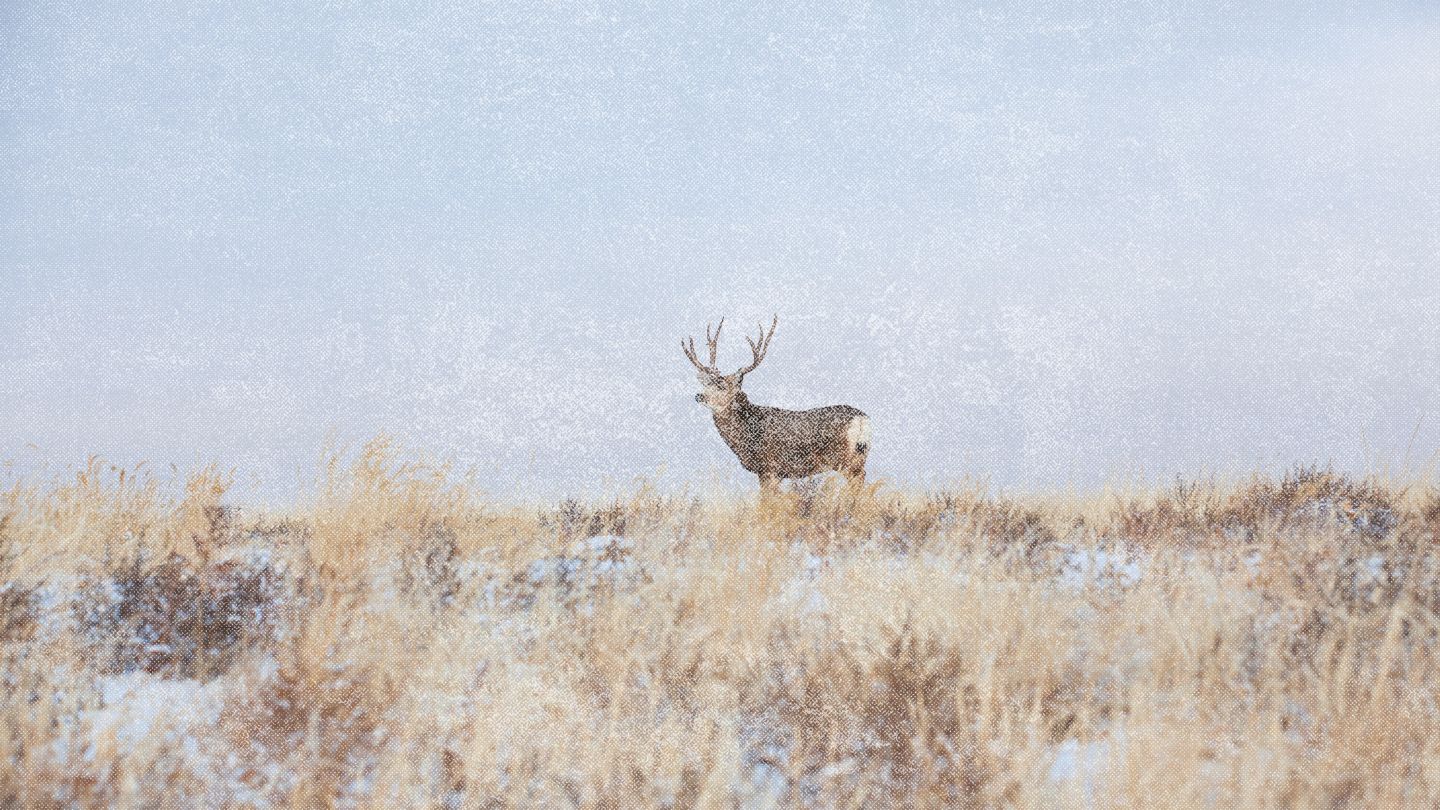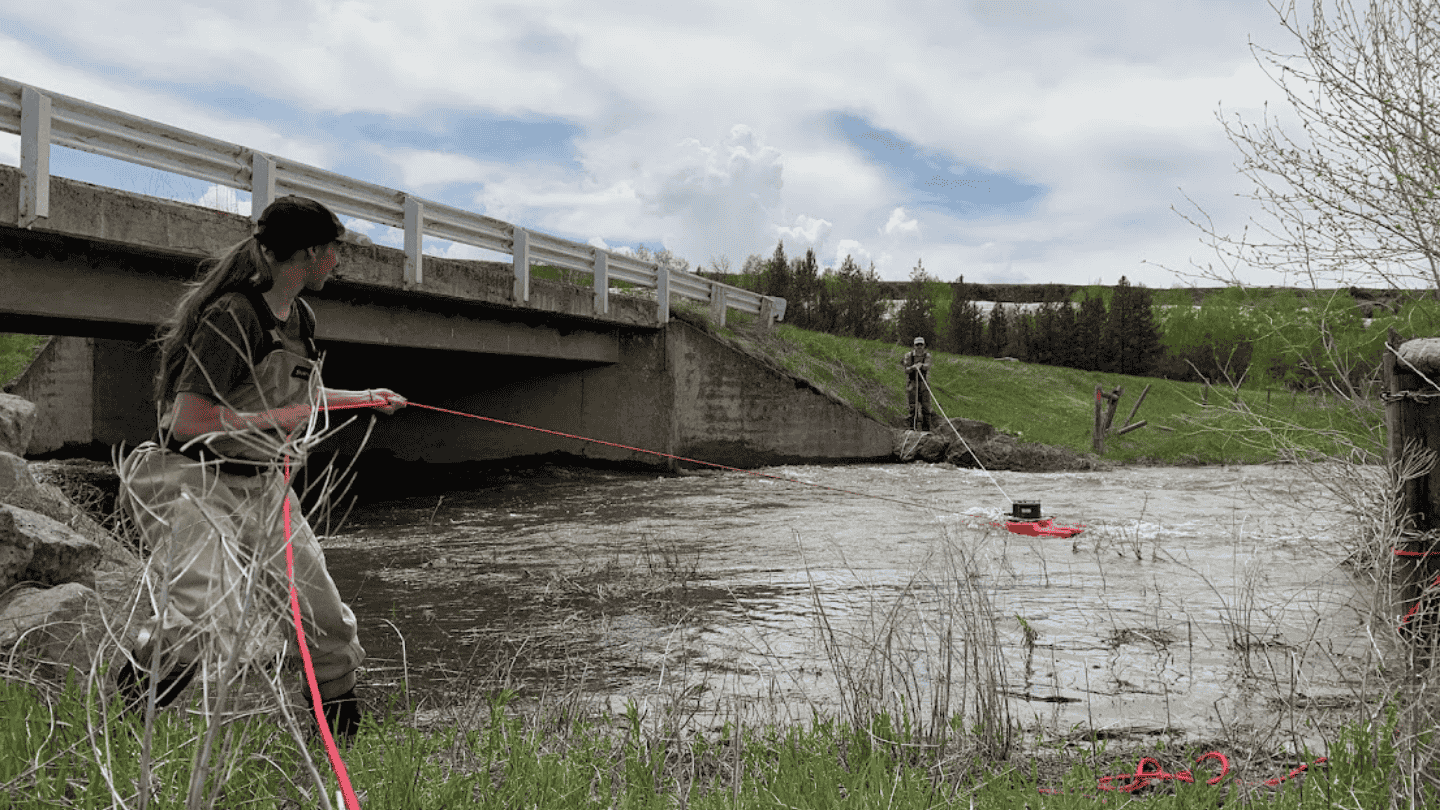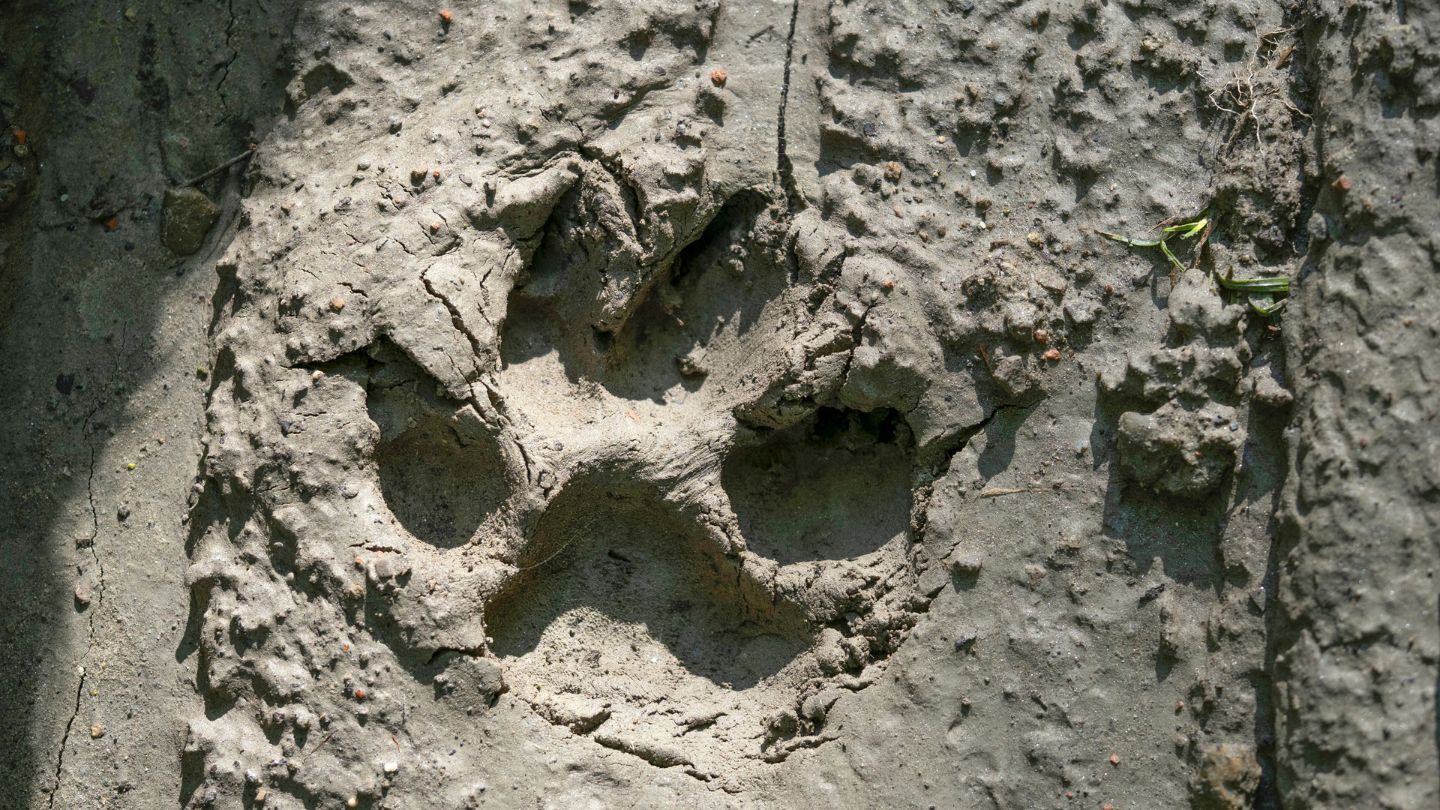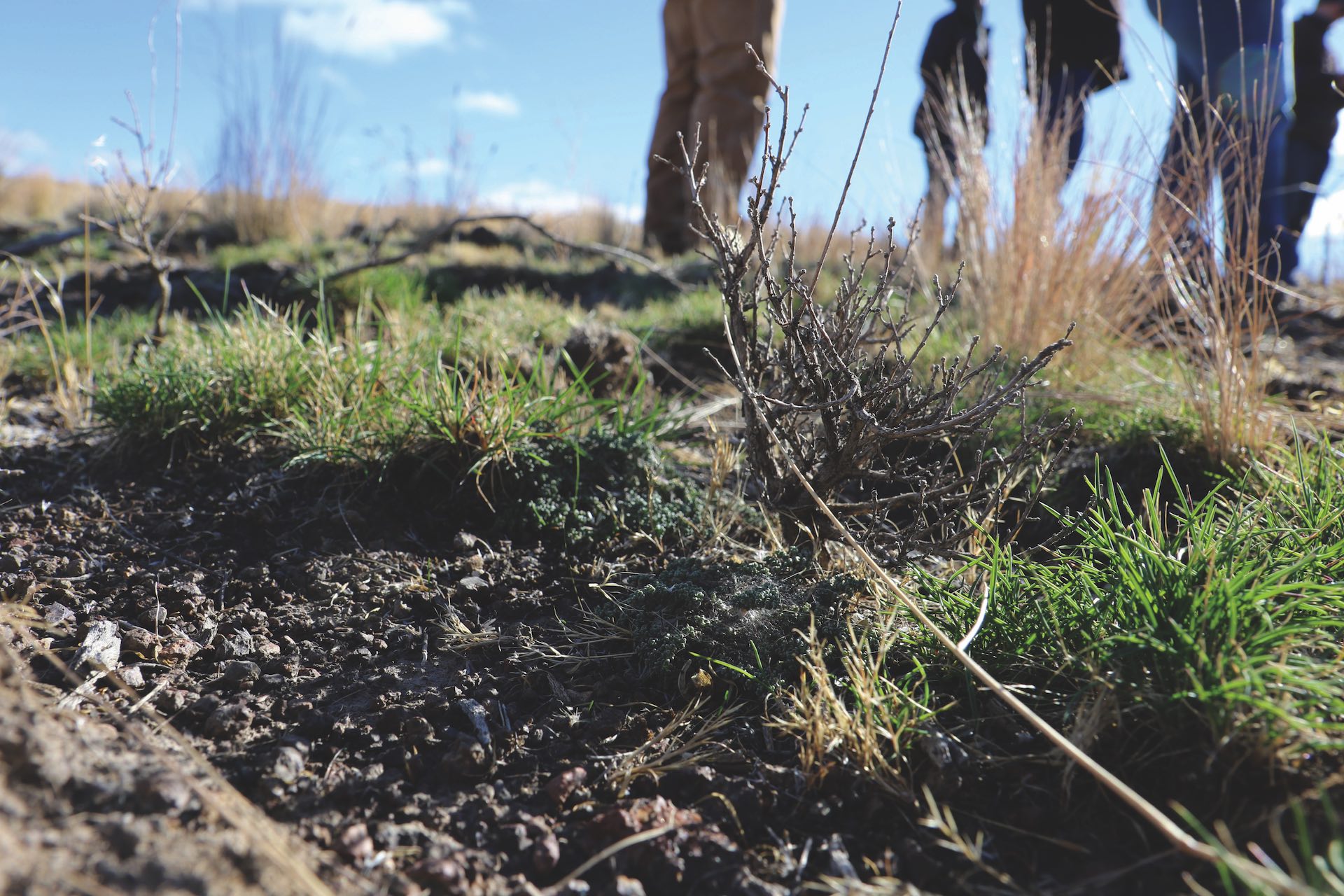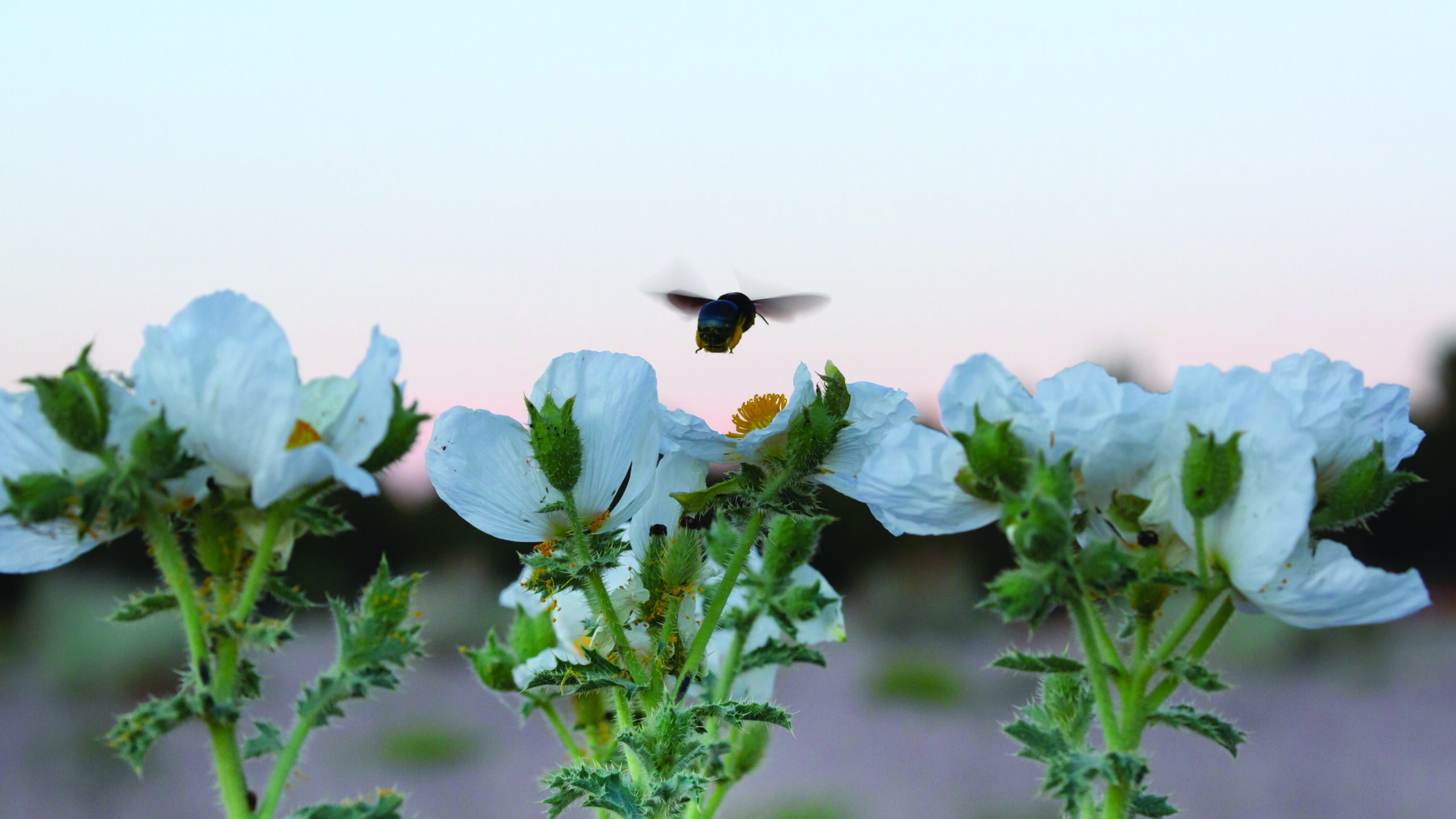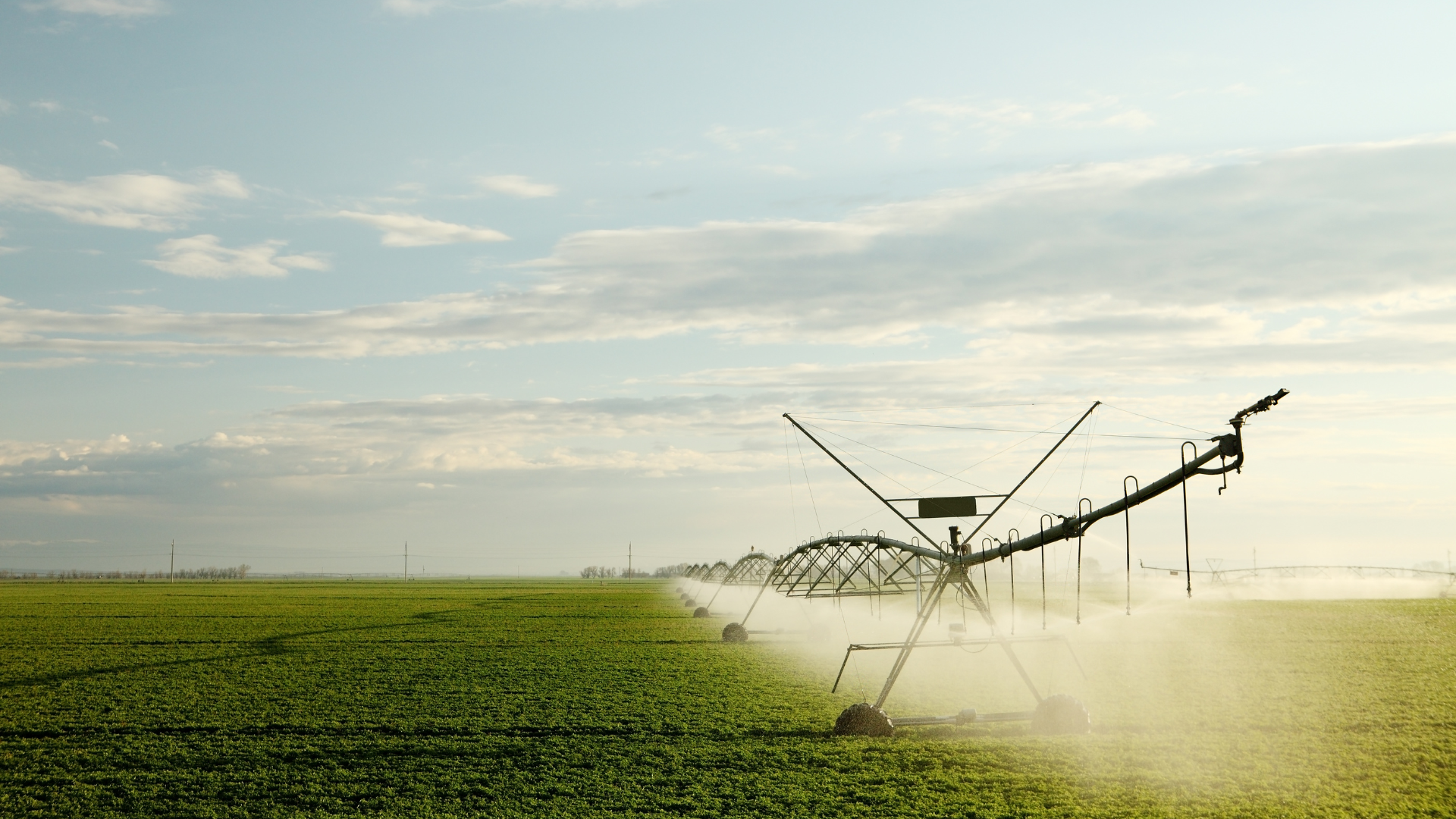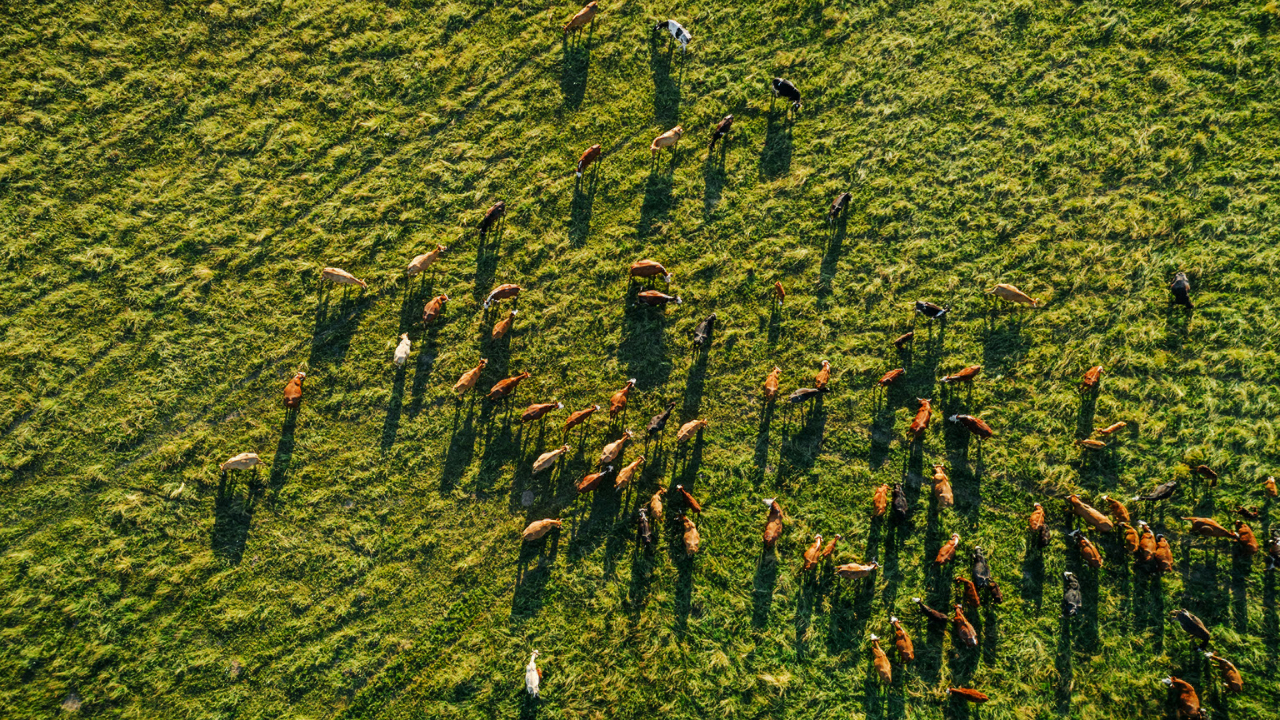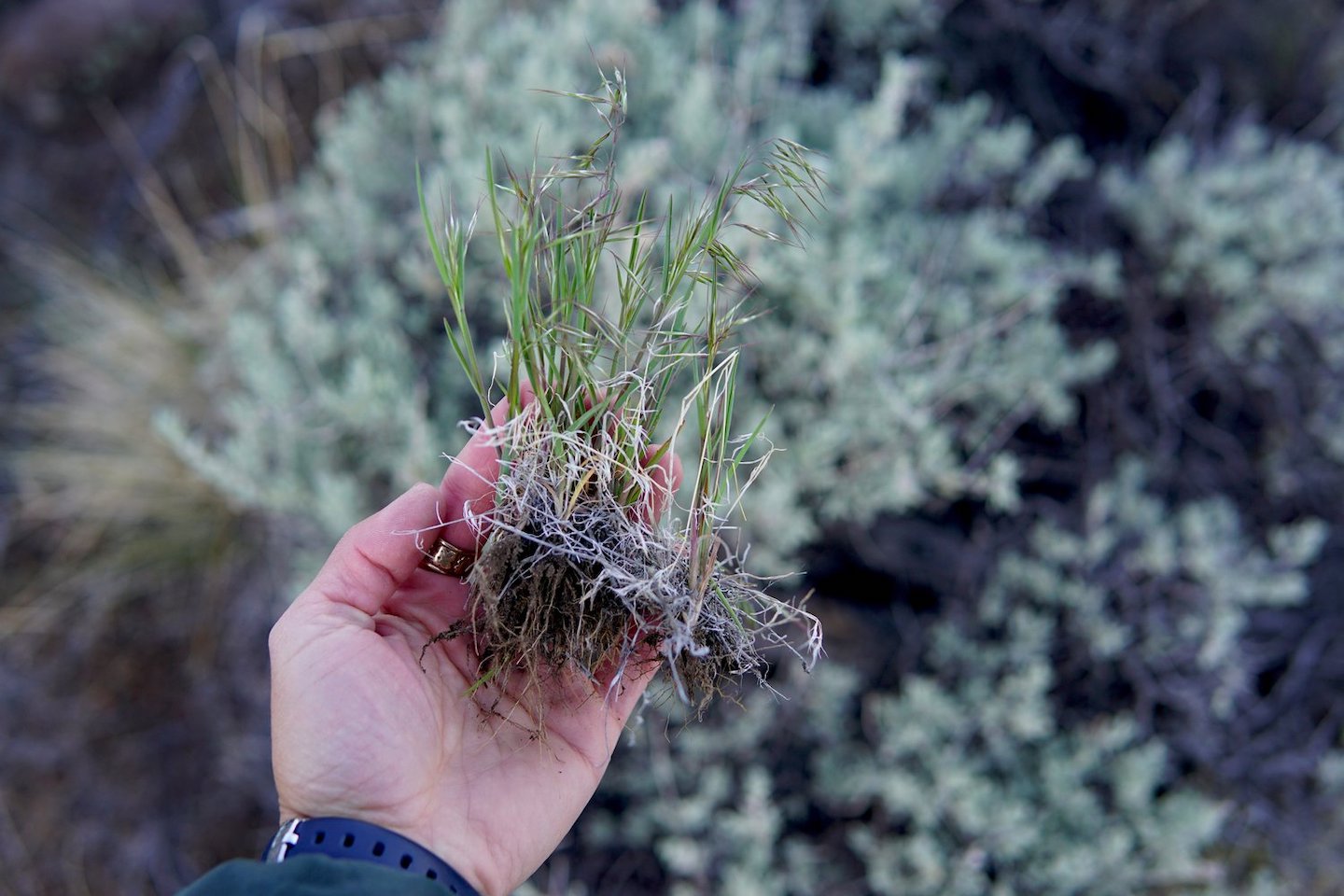Warming winters are disrupting the hidden world of fungi – the result can shift mountain grasslands to scrub
Stephanie Kivlin, University of Tennessee; Aimee Classen, University of Michigan, and Lara A. Souza, University of Oklahoma When you look out across a snowy winter landscape,
Flood Irrigation Can Lead to Better Streamflow, Study Says
The conversion of flood irrigation to sprinklers has been a boon to producers. Sprinklers are more efficient, which means better yields, and better yields mean more to sell on the
No smoke, no fire, in trends of Montana land ownership, new study actually says
A recent study led by University of Montana professor Alexander Metcalf, published in Environmental Management, places private landowners squarely at the center of a familiar and often contentious debate. The
Can range riding help ranchers live with wolves?
As wolves and grizzly bears continue to recover across the American West, livestock producers are navigating renewed challenges of sharing the landscape with large carnivores. Among the carnivore-livestock conflict reduction
Can we accelerate post-fire recovery without compromising future resilience?
This BLM photo from 2016 shows a re-seeded area in the Soda Fire burn scar in Idaho where native bunchgrasses are sprouting and germinating well.
Can managed grazing help stave off the native pollinator die-off?
Pollinators, especially native bees, are in decline around the world and in the American West. What impact does livestock grazing, one of the most extensive uses of native grassland habitat
Are drones an answer to wolf attacks on livestock?
Over just 20 days in the summer of 2022, there were 11 confirmed depredations by the resident Rogue Pack wolves in Southern Oregon’s Klamath Basin. But gray wolves are listed
Can flood irrigating do what spring floods used to out West?
Each spring, Adrian Hunolt draws water from the Bear River to flood irrigate the fields on his family’s ranch in Evanston, Wyoming. Like many other flood irrigators, Hunolt’s ranch lies
New survey pinpoints trust gap on water for irrigators
Survey of Colorado River Basin irrigators reveals challenges, pathways for agricultural water conservation An in-depth survey of more than 1,000 farmers and ranchers in the Colorado River Basin has some startling
Is an ounce of prevention worth a pound of cure?
Wolves are highly intelligent, opportunistic and adaptable creatures capable of rapid learning. Developing a taste for livestock is just one of their behaviors that can lead to negative consequences for
USDA-ARS Now Stewarding the Rangeland Analysis Platform
The Rangeland Analysis Platform has been revolutionizing rangeland management and monitoring since it was first launched in 2018. Better known as RAP, the dataset and online mapping tools allow users
30 years of BLM vegetation changes shine light on woody and annual invasive encroachment
Keeping a close eye on plant life across millions of acres of public lands allotments is an overwhelming challenge in and of itself. The challenge is amplified by drought, aridification,


